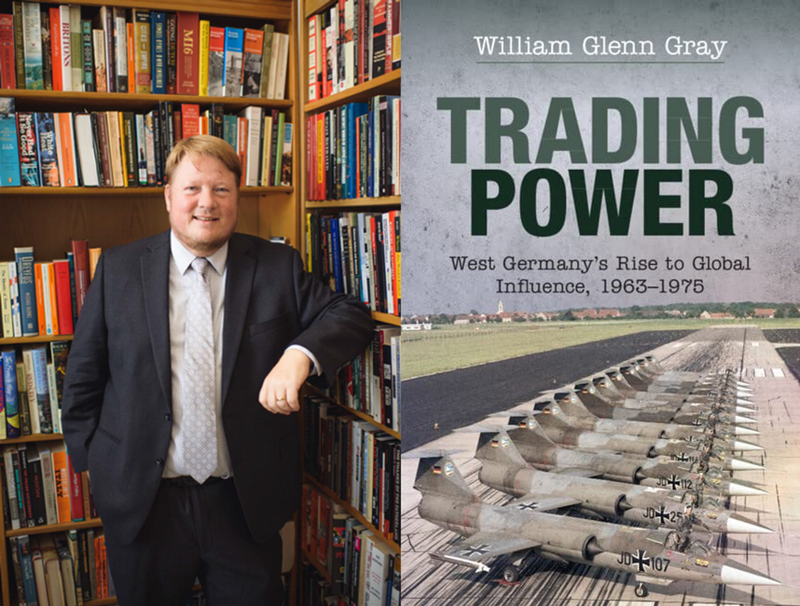Featured Publication: Trading Power

Publication Title
Trading Power: West Germany’s Rise to Global Influence, 1963-1975
Author
Publisher
Cambridge University Press
Publication Date
May 2024
About the Book (from the publisher)
Trading Power traces the successes and failures of a generation of German political leaders as the Bonn Republic emerged as a substantial force in European, Atlantic, and world affairs. Over the course of the 1960s and 1970s, West Germans relinquished many trappings of hard power, most notably nuclear weapons, and learned to leverage their economic power instead. Obsessed with stability and growth, Bonn governments battled inflation in ways that enhanced the international position of the Deutsche Mark while upending the international monetary system. Germany's remarkable export achievements exerted a strong hold on the Soviet bloc, forming the basis for a new Ostpolitik under Willy Brandt. Through much trial and error, the Federal Republic learned how to find a balance among key Western allies, and in the mid-1970s Helmut Schmidt ensured Germany's centrality to institutions such as the European Council and the G-7 – the newly emergent leadership structures of the West.
About the Author
Professor Gray received his Ph.D. from Yale University in December 1999. He is the author of Germany's Cold War: The Global Campaign to Isolate East Germany, 1949-1969 (University of North Carolina Press, 2003) and Trading Power: West Germany’s Rise to Global Influence, 1963-1975 (Cambridge University Press, 2023).
He is also a co-editor of the Encyclopedia of the Cold War (Routledge, 2008) and the German Yearbook of Contemporary History, Vol. 6, Secret Services and the International Arms Trade (2022).
Prof. Gray is currently pursuing a book-length study of Germany and Brazil during the Cold War, with a special emphasis on the themes of capitalism, democracy, and human rights.